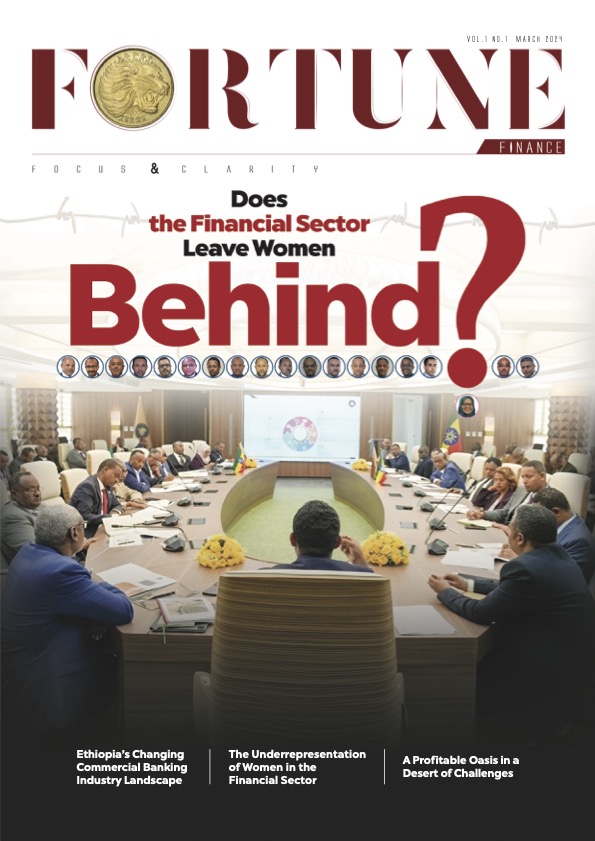The National Bank of Ethiopia (NBE) recently shared a photograph of the Governor’s meeting with board chairs and chief executive officers of commercial banks. The meeting was held to outline priorities for the central bank’s three-year strategic plan. The snapshot shared on its Twitter page presents the banking industry’s higher echelons. The photograph paints a clear picture where two women in a sea of dark suits sit, perhaps coincidentally, both dressed in purple.

